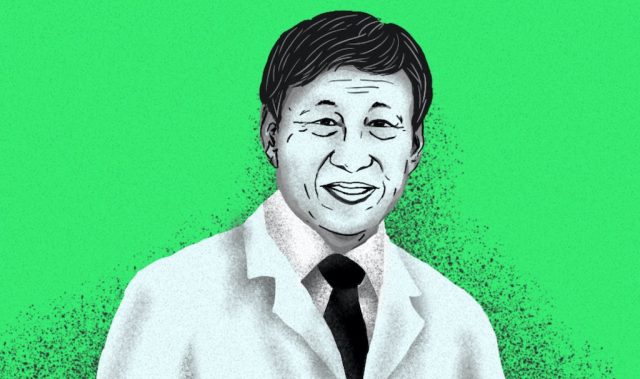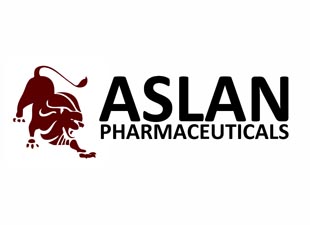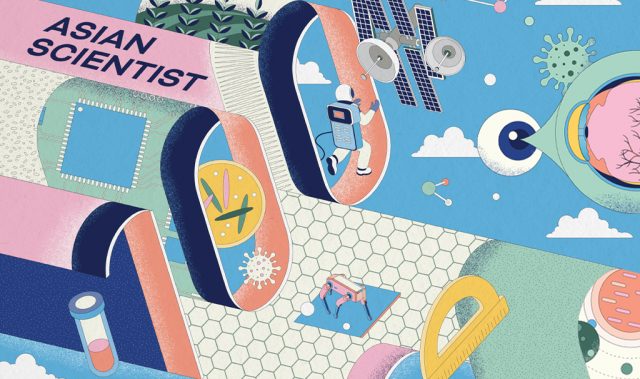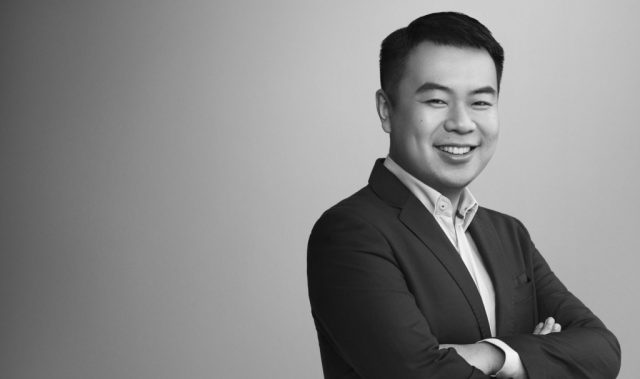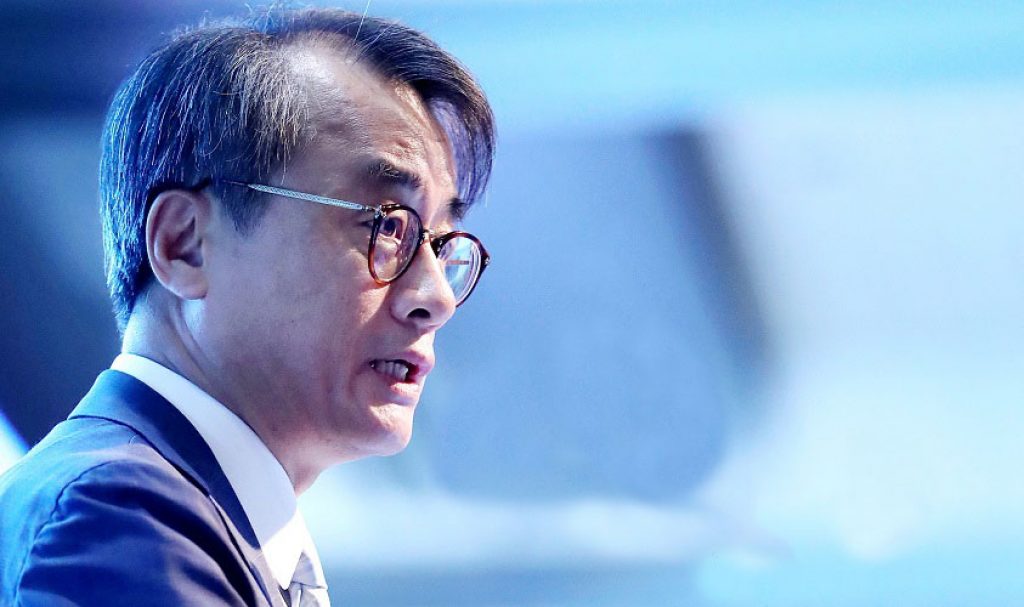
Bang Yung-Jue
President
Biomedical Research Institute, Seoul National University Hospital
South Korea
AsianScientist (Feb. 15, 2019) – Many an adversarial term—‘fight,’ battle,’ ‘war’ and so on—have been used to describe efforts to cure cancer. Globally, one in five men and one in six women will be diagnosed with the dreadful disease in their lifetime, underscoring an urgent need for new therapies against the enemy within.
Helping to expand the arsenal of drugs and strategies for cancer treatment is Professor Bang Yung-Jue, president of the Biomedical Research Institute at Seoul National University Hospital, South Korea. Never one to shy away from difficult questions, he found gastric cancer a worthy intellectual opponent and went on to spearhead numerous clinical trials involving combinatorial therapies for the disease.
Some of these therapies, such as the use of trastuzumab—an antibody targeting the human epidermal growth factor receptor 2 (HER2)—alongside chemotherapy, are now the standard of care for gastric cancer patients worldwide. For his contributions to the field of oncology, Bang received the 2018 ASAN Award in Clinical Medicine, a prize that takes into account research consistency and creativity, domestic and international impact, contribution to medical development, as well as the nurturing of future scientists.
Speaking to Asian Scientist Magazine, Bang describes his ongoing pursuits and the challenges of being a clinician scientist, as well as his advice to those who are keen to make an impact in medical oncology.
- Who or what inspired you to become a scientist?
- How did you become interested in the field of medical oncology and gastric cancer research?
- You were awarded the 2018 ASAN Award in Clinical Medicine for developing targeted agents and immune oncology drugs for gastric cancer. Can you tell us about one or two significant findings/drugs that are already making an impact in human patients?
- Could you please describe a project that you are working on right now?
- What are some of the key lessons you have learnt over the years of managing clinical trials?
- What are some of the challenges you face as a clinician scientist?
- What advice do you have for early career scientists in Asia?
My curiosity. I was a curious kid, asking questions over and over, exploring new things and wondering. Curiosity is the fuel of learning, research and creativity. Albert Einstein once said, “I have no special talents. I am only passionately curious.” On top of that, I was good at mathematics, so it was just natural for me to pursue science as my career.
Professor Kim Noe-Kyeong, who first introduced and established medical oncology in Korea, inspired me to become a medical oncologist. It was a new, intellectually stimulating field and had huge unmet medical needs. Kim was an exemplary medical doctor and scientist and my role model. Unfortunately, he passed away last year. It was such a big loss to us.
When I started medical oncology, gastric cancer was the most common cancer in Korea, but there were few treatment options available and the efficacy was very limited. So I decided to develop more efficacious and safer systemic therapies to help patients dying from the devastating disease. I’ve continued on this journey of translational and clinical research for gastric cancer ever since.
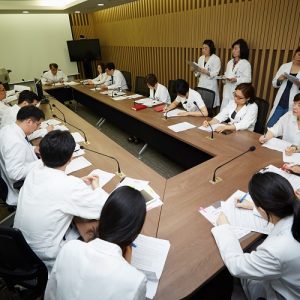
In the ToGA study, 594 patients with HER2-positive metastatic or recurrent gastric cancer were randomized to chemotherapy vs. chemotherapy plus trastuzumab, an anti-HER2 antibody. We screened more than 3,800 patients from 24 countries for this study. The study was positive, showing that the addition of trastuzumab significantly prolonged survival of patients. In patients with HER2 overexpression, median survival in the trastuzumab arm was 16.0 months compared to 11.8 months in the chemotherapy alone arm. For this group, chemotherapy plus trastuzumab became the standard-of-care worldwide.
In the CLASSIC trial, the effectiveness of adjuvant chemotherapy with eight cycles of XELOX chemotherapy (combination therapy using oxaliplatin and capecitabine) was tested in patients with advanced gastric cancer after curative surgery (D2 resection). I made a proposal for this study, and persuaded Roche and Sanofi to sponsor it. In this study, 1,035 patients with stage II or III gastric cancer were enrolled from Korea, China and Taiwan. The primary endpoint of this study was three-year disease-free survival, which was significantly improved by adjuvant XELOX. Relapse risk was also reduced by 44 percent. The overall survival of patients was also significantly improved. Now, this approach is standard-of-care in many countries after D2 resection of gastric cancer.
Finally, in the KEYNOTE-012 study, 39 patients with PD-L1-positive gastric cancer were treated with pembrolizumab, an anti-PD1 antibody. Most patients had refractory disease. By central review, 22 percent of patients had objective response with median survival of 11.4 months. This study was the first study showing the efficacy of immune oncology drugs, prompting companies to run a number of clinical trials. At this time, anti-PD1 antibodies, pembrolizumab and nivolumab have become part of systemic therapy for patients with metastatic gastric cancer and its role will increase in the near future.
Well, it’s hard to pick just one because I am working on many interesting global clinical studies of immune oncology drugs and targeted agents. One of the most important clinical studies I must say would be the KEYNOTE-585 study.
The purpose of this study is to evaluate the efficacy of pembrolizumab in the neoadjuvant (therapy administered before a main treatment) or adjuvant (adjunct or add-on) treatment of previously untreated patients with gastric cancer. The primary hypothesis of this study is that the efficacy of pembrolizumab plus chemotherapy is superior to that of placebo plus chemotherapy.
The quality of a clinical trial is critical for its success. Good quality trials stem from good quality of medical practice and allow us to get good medicines to our patients.
Efficiency is also very important. New drug development is time sensitive and resources are limited, so wasteful or unnecessary procedures should be avoided.
Finally, good communication is just as crucial. Speedy and successful clinical studies of good quality will only be possible with good communication across multi-functional teams and individuals working on the study.

Time management is one of the biggest challenges for clinician scientists. We have to take care of our patients, teach our students, residents, fellows and young investigators, and attend scientific meetings. All these activities are carried out in addition to laboratory research and clinical trials.
Communication is another big challenge. We have to communicate with various groups of peoples including industry collaborators, investigators, study personnel, patients and so on. We have many face-to face meetings, teleconferences and video conferences these days, each of them with their own pros and cons for relaying information. We have to find the right ways for effective and accurate communication.
You first need passion for developing new medicine to help patients. The career path of a clinician scientist is challenging, with endless hurdles and difficulties. But your passion in your heart will get you through when you face those barriers and help you overcome them.
Teamwork is required to achieve your goals. There’s nothing you can achieve by yourself. You have to work together with your colleagues as a team and you have to contribute to the team. Good communication is absolutely important.
Finally, you need a good mentor for your career development.
This article is from a monthly series called Asia’s Scientific Trailblazers. Click here to read other articles in the series.
———
Copyright: Asian Scientist Magazine; Photo: Bang Yung-Jue.
Disclaimer: This article does not necessarily reflect the views of AsianScientist or its staff.





